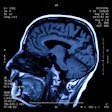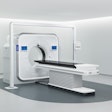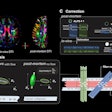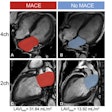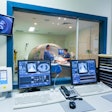As new MR applications are developed, new education and training programs will be needed to meet the demands of the imaging community, according to a study in the July/August 2011 issue of Radiologic Technology, a journal of the American Society of Radiologic Technologists (ASRT).
The study also recommends that the American Registry of Radiologic Technologists (ARRT) consider developing advanced specialty certification examinations to provide opportunities for technologists operating MRI units in the new specialty areas.
Study author Michael Grey, PhD, associate professor at Southern Illinois University, compiled the results of an MRI practice analysis questionnaire distributed randomly to registered MRI technologists by the ARRT. Participants were asked to describe the type and frequency of procedures they performed.
Of 78 MRI tasks outlined in the survey results, three specialty areas were most prominent: vascular/cardiovascular imaging, central nervous system imaging, and musculoskeletal imaging.
Grey said that before specialty certification exams can be developed, the radiologic science community must address the current absence of established educational requirements.
"As MR continues to develop and the technology improves, it's going to open up new doors for what we can image next," according to Grey. "Therefore, formal education and training protocols should be in place before technologists take the MR Registry exam so they are prepared to effectively practice in the area."

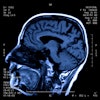
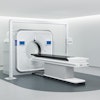
.fFmgij6Hin.png?auto=compress%2Cformat&fit=crop&h=100&q=70&w=100)


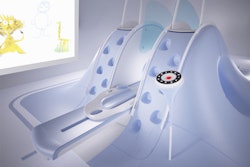
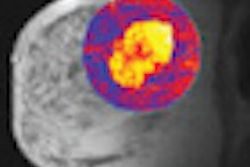
.fFmgij6Hin.png?auto=compress%2Cformat&fit=crop&h=167&q=70&w=250)
